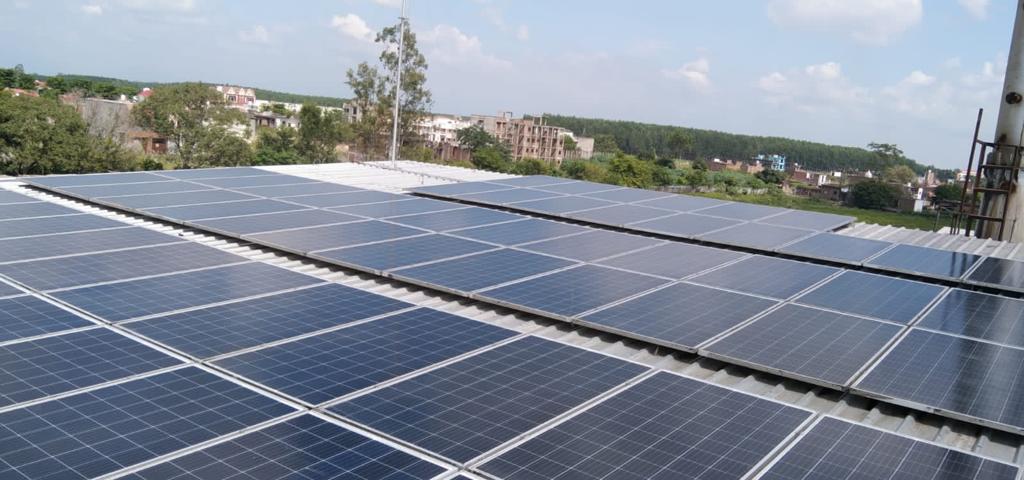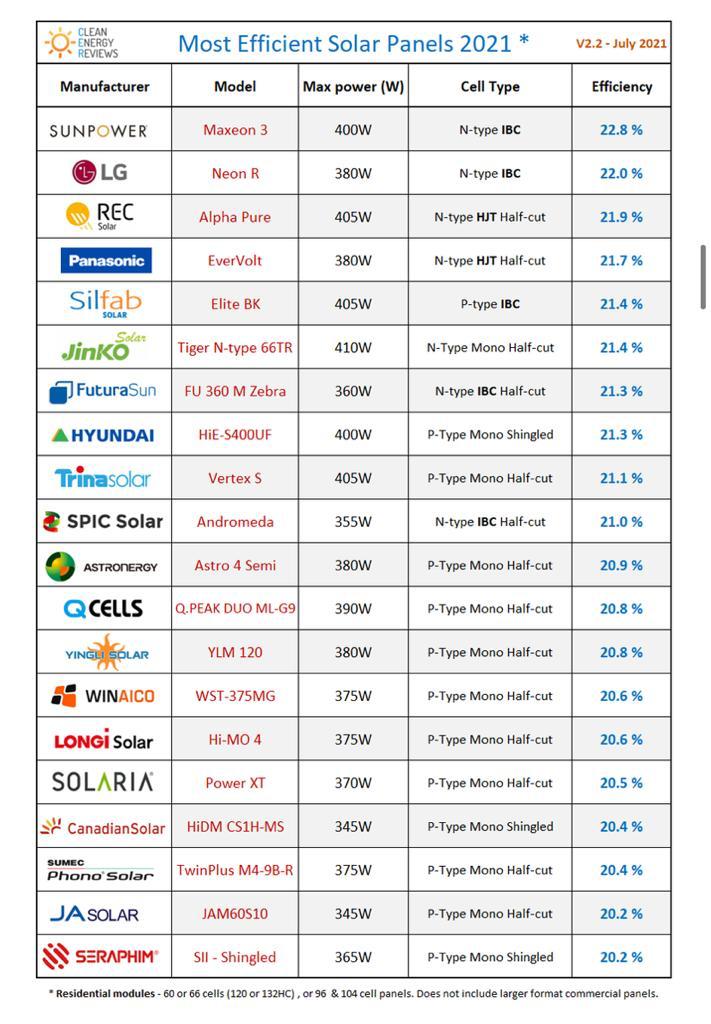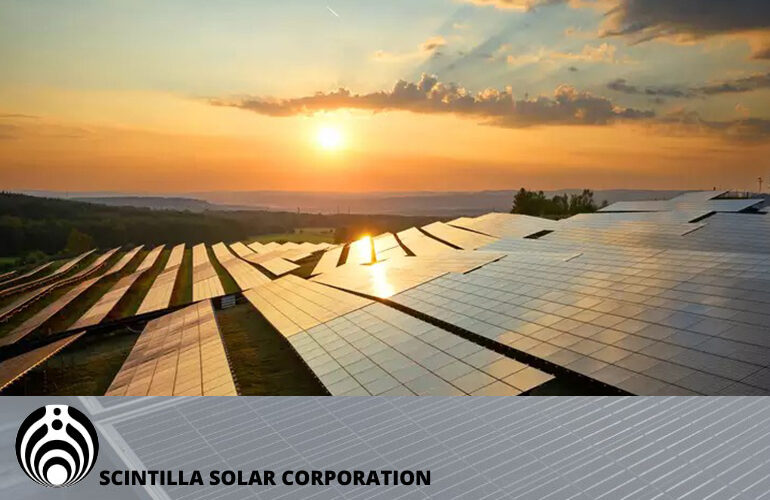
The simple answer to this question is “YES”. From saving energy bills to reducing the carbon footprint of your industry, a solar power plant goes a long way to ensure that your financial, as well as environmental goals, are taken care of. Among its various advantages, the solar power plant installed in your industry or manufacturing unit helps you to partially dissociate from the grid (under the net metering* arrangement), thereby making your industry self reliant for its energy needs to a large extent.
Various factors that contribute to making the solar power plant a lucrative and viable option for industrial energy consumption needs are as follows:
Cost-Effectiveness
Over the years the price of solar panels and other equipment that are vital to constructing a solar power plant has undergone a massive decline. In the last decade alone the average cost of solar has dropped by almost 70% and since the 1980’s the solar module cost has reduced by almost a staggering 97%. It is interesting to note that on a global scale, India is one of the cheapest producers of Solar Energy in the world but is lagging in adoption.
In order to cover the gap in adoption Scintilla Solar Corporation provides its clients with competitive price plans depending on various technicalities of the project.
Increase in Efficiency
Today the solar panels being used have an efficiency of almost 22.8%, this is a tremendous advancement from the early solar cells that had an efficiency of only 1%.

Scintilla Solar provides its clients with best in class, highest efficiency solar panels for maximum power generation.
Year-on-Year Cost Saving
Installing a solar power plant in your industry ensures a reduction in Energy Bills to a large extent for almost 25 years. This is because various states in India have different policies that govern the maximum limit of the solar power plant capacity that can be installed on the basis of the total connected load of the industry.
As per a recent Government, mandate industries can install almost 500KWp of a solar power plant in their premises. In states where this policy has not been implemented yet, the capacity that can be installed has been capped at a certain percentage of the connected load for the net metering system. For e.g: in Uttarakhand, prosumers^ can generate 80% of their connected load via the solar power plant. Hence, in Uttrakhand, industries can save 80% of their electricity bill by installing a solar power plant for the next 25 years.
Positive Environmental Impact
Needless to say, solar power is one of the cleanest sources of energy in existence today. For instance, 1 unit consumption of thermal power generates 0.7 kg of carbon dioxide, therefore installing 1 KWp of solar power entails reducing 0.7 kg of carbon dioxide emission into the atmosphere. Another fact that illustrates this further is that a 1KWp solar power plant is equivalent to planting almost 2 trees.
Solar energy is on its way to becoming one of the primary sources of power generation in many countries of the world. In addition to reducing the Green House Effect, Solar Power will contribute immensely to the economic growth of the nation, as the amount saved by installing solar power plants can be utilised for achieving other developmental goals.
*Net Metering System: Under the net metering system, the solar power plant is connected to the grid, whereby, excess power produced by the plant gests stored in the grid and the same can be utilised in case the solar power plant does not produce the required amount of energy on any given day.
^Prosumers: Individuals who produce their own electricity and consume it as well.



